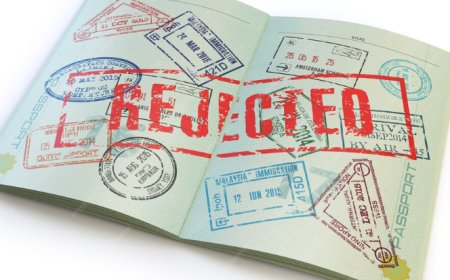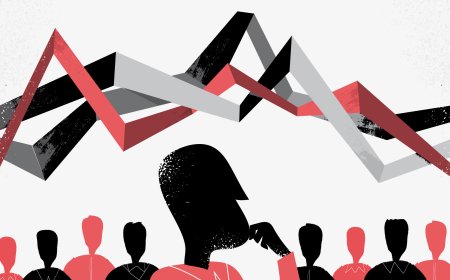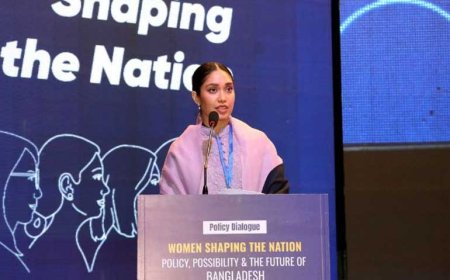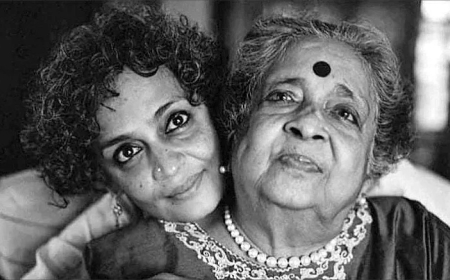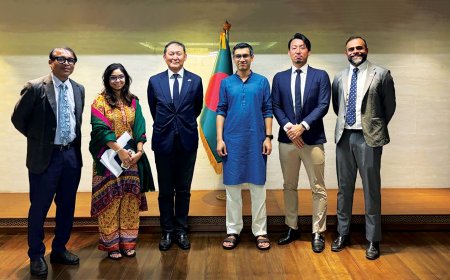The Second Tariff War: A New Dawn for Bangladesh's Export Ambitions
The Interim Government must act with a sense of urgency to make Bangladesh the reliable, skilled, and diverse hub that the disrupted global economy is now seeking.
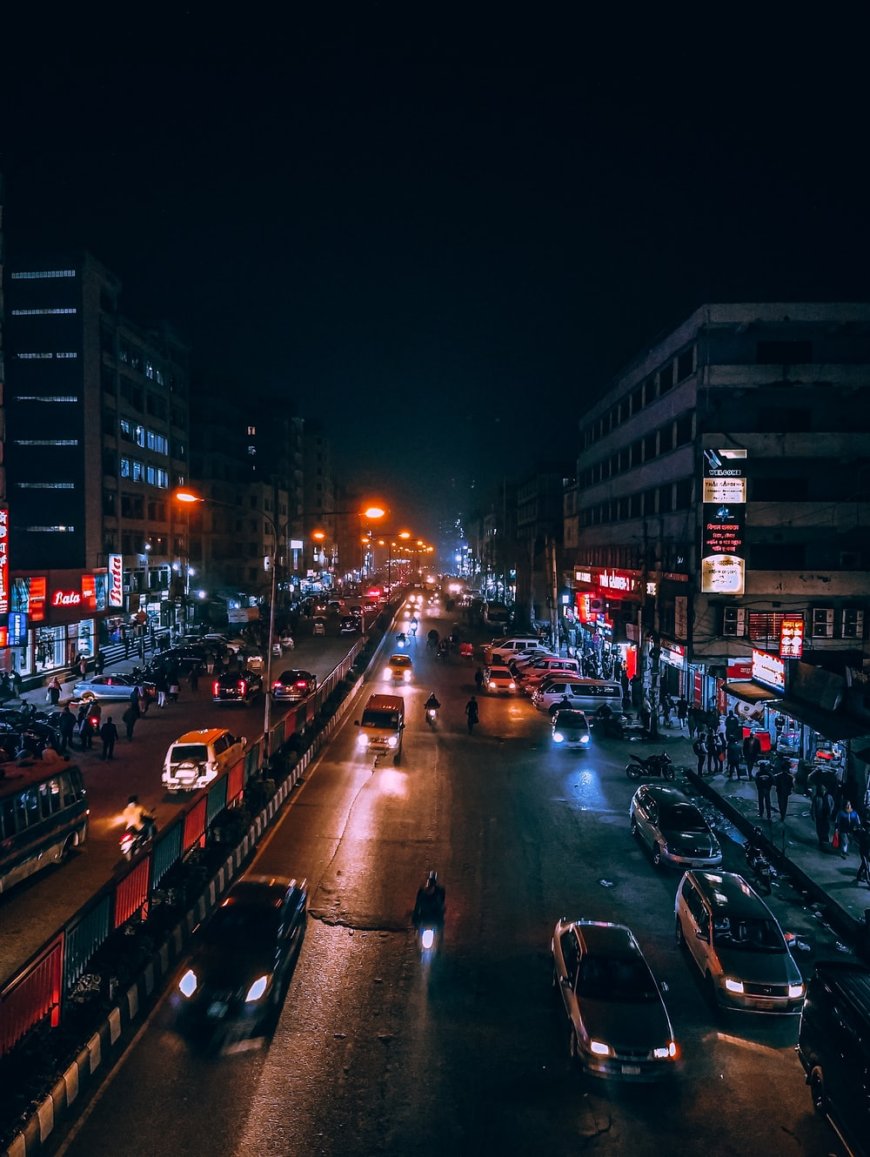
"There is not a moment to lose!"
These were my words on January 20, 2025, during a seminar on unlocking export potential hosted by the EPB. I made the case in no uncertain terms that the trade landscape under Trump 2.0 would be a new opportunity for Bangladesh 2.0.
Just a few years ago, the first Trump tariff war against China became the defining trade story of a generation. While many watched from the sidelines, we in Bangladesh felt the ripple effects, seeing our potential gains siphoned off by competitors like Vietnam. The promise of a supply chain realignment, of a new "factory to the world," seemed to pass us by.
Now, with a new wave of US tariffs coming into force today, August 1, 2025, we find ourselves standing at a similar, yet more precarious, crossroads. The stakes are higher, but so is the potential. The question is no longer "what if?" but "what now?"
This is not a moment for complacency. The tariffs imposed on our goods by the US present an immediate and significant challenge. However, they are also a powerful source of global supply chain disruption -- and within that disruption lies a historic opportunity. For a country that acts fast, this seismic shift can be a profound advantage.
During the first trade war, Vietnam, with its nimble policies and targeted investments, successfully captured a significant portion of the business that shifted out of China. They became the go-to destination for many buyers seeking to diversify their supply chains. We cannot afford to let history repeat itself.
The time has come for Bangladesh to assert its place on the global stage. We have the demographics, the workforce, and the entrepreneurial spirit. But this potential remains untapped without a decisive, government-backed strategy. The Interim Government must act with a sense of urgency to make Bangladesh the reliable, skilled, and diverse hub that the disrupted global economy is now seeking.
The single most important policy it can implement is to allow partial bond facilities for SMEs. This will grant our small businesses duty-free access to the raw materials they need to produce for export, leveling the playing field and allowing them to compete with larger, established exporters. This is the lifeblood our SMEs need to thrive.
The real-world consequences of not having this policy are immediate and painful. I recently lost a $300,000 furniture order because I had to import a key material, high-pressure laminate (HPL). With full duties and middlemen, the cost was nearly double what it should have been. My Indian competitor -- who sources it locally and has more favorable trade policies -- secured the order. That wasn't just my loss; that was Bangladesh losing jobs, foreign currency, and a foothold in a growing market.
Beyond this, the Interim Government must tackle the digital divide head-on. Our SMEs cannot become global players if they are shut out of the global digital marketplace. We need direct access to international payment gateways like PayPal and instruments that would allow our entrepreneurs to sell on major platforms like Amazon. This will open up the world to countless small businesses currently confined to local markets.
Crucially, our port facilities must also be streamlined. Raw materials and finished exportable goods need to be fast-tracked to meet tight deadlines and maintain our reputation for reliability. Without efficient logistics, even the best products will not reach their destination in time.
We must also look beyond our traditional export base of ready-made garments. While the apparel sector is and will remain a cornerstone of our economy, it cannot be our only bet. We have immense potential in other areas, from pharmaceuticals and leather goods to ICT and light engineering.
Our furniture sector, for instance, holds the potential to grow into a multi-billion dollar industry; as a furniture manufacturer and exporter to the US market myself, I can attest to the vast untapped demand. A diversified export portfolio is the only true defense against future trade shocks.
The world is once again realigning its supply chains, and we must position ourselves not just as a cheaper alternative, but as a reliable, skilled, and diverse manufacturing hub that can offer stability in an era of global trade uncertainty.
The pieces are all in place. It is up to us to assemble them. We cannot, and must not, lose this moment. These policies are not just a response to a new tariff war; they are the essential groundwork for Bangladesh to thrive beyond its upcoming LDC graduation, ensuring our economic resilience for decades to come.
To the international buyers of the world: We understand your need for resilience, diversification, and trust in your supply chains. Bangladesh is not just an emerging market; it is a nation with a young, dynamic workforce and a government committed to enacting the policies necessary to support a new era of export growth. We are taking the decisive steps to make our market more accessible, our entrepreneurs more competitive, and our promise to you more reliable than ever before.
Bangladesh is ready. Come see what we can build together.
What's Your Reaction?














